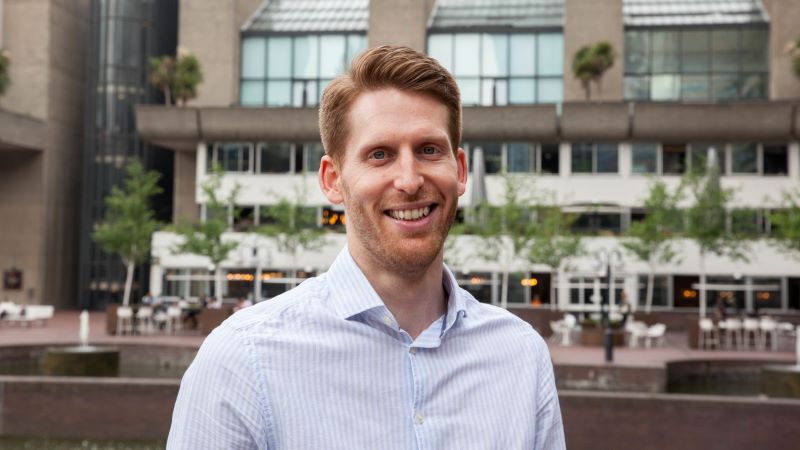Inspiring the next generation of sustainability through social value
Green skills are in urgent demand across the world. How can we create opportunities with social value, and provide the next generation with the skills they need to pursue a sustainable world?
The International Labour Organization stated in 2019 that green skills shortages are causing a major bottleneck in several sectors including renewable energy, construction, and environmental services. We face a growing climate emergency, but the lack of green skills - both within the workforce and emerging talent - is not developing fast enough to meet this urgent demand.
While a significant challenge, the built environment has a huge opportunity to build the green skills pipeline, by promoting career opportunities to attract young talent in the communities they operate in.
Where does social value come in? Defined as the value businesses add to society through the generation of social, economic, and environmental benefits, through social value we have a global opportunity to invest in, inspire, and build the next generation of green workers with the passion and determination to challenge climate change.
Shaping the next generation of green workforce
At COP27, 10 November is focused on Youth and Future Generations, a day dedicated to ensuring the views of younger people are considered during the climate agenda to shape a more sustainable future for their generation and beyond.
The International Labour Organization found that targeted investment in the green economy has great potential for career opportunities for young people, while at the same time setting economies on path towards greater sustainability and resilience.
Using social value to encourage Gen Z into sustainability careers through active community outreach, we can provide opportunities for young people of all backgrounds to gain the skills and education they need to work in the green economy.
Social value programmes can take many forms. Companies taking part in school engagement activities provide young people with access to role models and career guidance to highlight the many green career opportunities on offer.
Businesses can also offer workplace opportunities through shadowing, placements, and hands-on experience, giving the next generation a stronger insight into what is involved day-to-day in a green career.
Empowering staff by offering volunteering days offers further opportunity – it allows experienced professionals to act as career mentors, simultaneously promoting the diverse green roles to a bigger pool of young people whose passions and talent can be channelled into sustainability.
In a post-pandemic world, digital technology has opened more doors for social value to be used to reduce the skills gap. Virtual channels provide remote built environment professionals with opportunities to engage and attract young people to raise awareness and coach young people into green careers while helping them reach their potential, wherever they are.
And this doesn’t just help in terms of geographical restrictions. It creates better access to green skills and work opportunities for harder to reach groups, such as people with special educational needs. All of which helps to widen the talent pool further, ensuring that we build a more diverse pipeline to join both the workforce and the fight to save the planet.
Social value in action
The positive outcomes of social value go far beyond benefitting the individuals. Research by Mann (2015) and Public Health England (2017) has outlined the significant economic benefits of employer engagement. And the structure to deliver social value can be replicated across the globe.
An example of such a structure is Constructing Your Success, a social value programme used by Mace. It informs young people on varied roles available within the built environment, including sustainability roles. Over the course of the programme the students get to see what it is like to take on different professional roles - from project managers to sustainability managers - and experience the industry through activities like site visits. The programme provides the support that students need to develop their own employability skills while learning about the range of progression routes open to them. The programme has been designed with a structure that can be replicated, measured, and rolled out on any built environment project, whatever the location - so it can be run anywhere in the world.
With awareness of social value creation growing across the globe, programmes like this demonstrate how it can be a powerful and accessible tool in helping the industry to close the green skills gap and in encouraging the next generation to consider a sustainability-focused career path.
The need to upskill the future workforce with green skills is global and urgent. There are huge opportunities for the built environment to invest in social value to support younger people into green careers. When it comes to sustainable careers, the human, monetary and social value generated is just too big to ignore.
The good news? The structures needed to create social value are already here and can be applied by organisations of all sizes to inspire young people, wherever they are in the world. By using social value to close the green skills gap, the benefits derived across societies will be profound, as will our industry’s impact in the fight against climate change.














